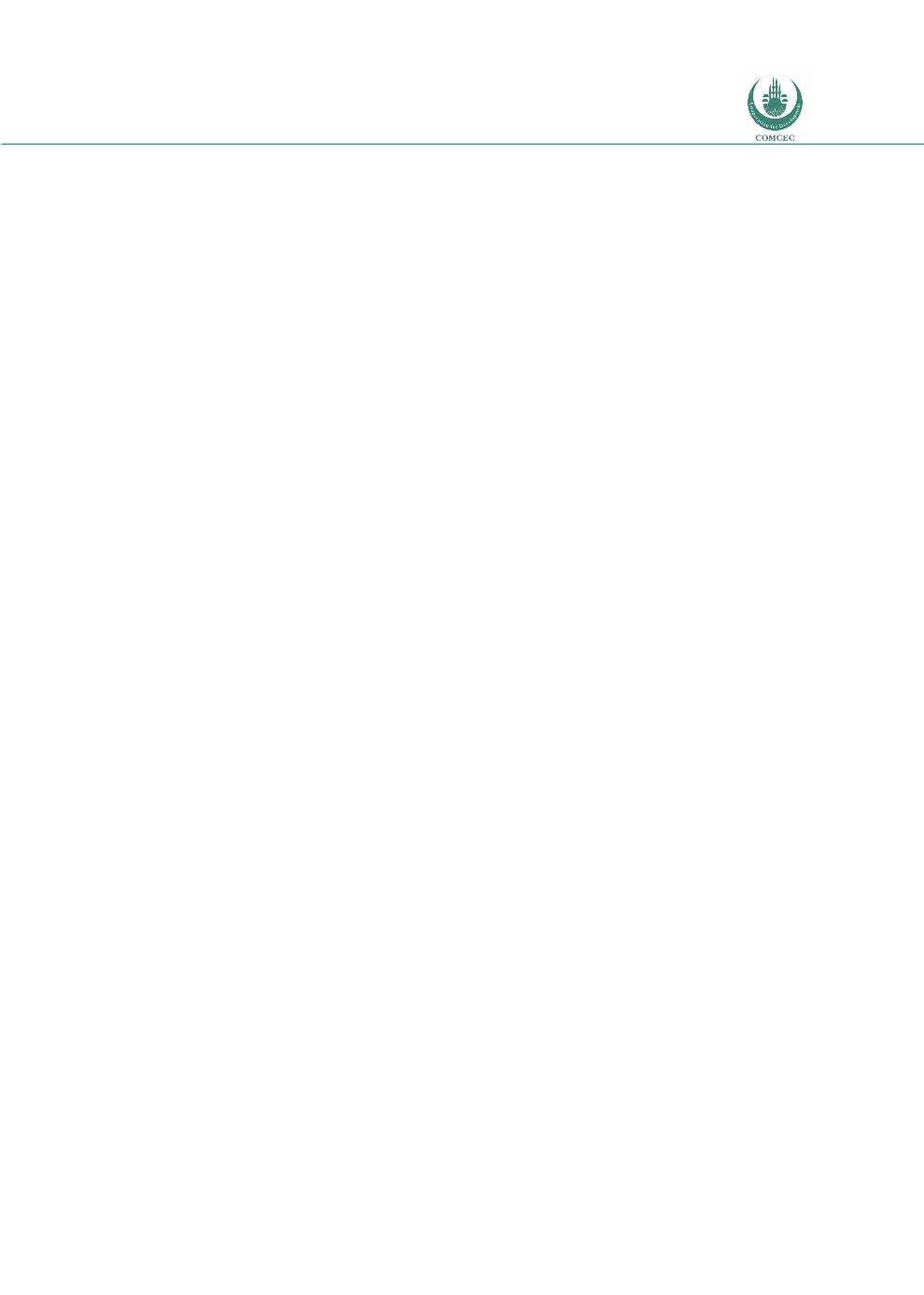

Risk Management in
Islamic Financial Instruments
47
Takaful
The Federal Law No. 6 of 2007. After which, a new insurance/Takaful Law was passed
in 2010 to regulate the Takaful industry further
3.1.5.5 Bangladesh
Bangladesh is the home of 7 growing Islamic banks and a number of growing Takaful
operators. The Islamic finance industry is regulated within the same legal framework as that of
the conventional banking industry. However, the central bank of Bangladesh provides
prudential regulations pertaining to Islamic banking and provides guidelines for Shariah
compliant products and services. In late 2011, the government initiated discussions between
the ministry of finance and top executives of Islamic banks to support the Islamic money
market and the Islamic capital market in Bangladesh. Since 2008, the central bank has issued
Shariah compliant mudaraba bonds to enhance liquidity management for the listed Islamic
banks.
3.2. INSTITUTIONAL DEVELOPMENT
There are several types of Islamic institutions today, including banks, non-bank financial
institutions, such as leasing and factoring companies and housing cooperatives, takaful
operators, and capital markets players, such as brokerage houses and Islamic asset
management companies.
Malaysia’s Tabung Haji, created in 1962, is the oldest modern day Islamic finance institution
(
10 Year Framework
3-5). The spread of Islamic finance across the world has also brought on a
number of multilateral institutions. The objective behind the creation of the multilateral
institutions was to create standards and harmonize the efforts of Islamic financial institutions
(
A Mid-Term Review
97). The Islamic Development Bank was created in 1975 to foster
economic development and social progress based on Shariah principles in Muslim countries
(GIFF 2012 12). In the 1980s, more non-banking institutions began to form. Over the years, the
Islamic finance industry has evolved to include several infrastructure institutions (
10 Year
Framework
3-5).
The OIC Fiqh Academy was established in 1988 to advise banks and other providers of Islamic
finance products on Shariah compliance and using Shariah to tackle modern day challenges
(GIFF 2012 12). Universities and governments have played a critical role in developing Islamic
finance as well. Universities have served as hubs for research on Islamic finance. Some
governments have funded training and certification bodies. However, in the future, a major
challenge to resolve will be to bridge the gap between academic institutions and financial
service institutions to allow the research to be applied in the industry’s work (
A Mid-Term
Review
100-101).

















